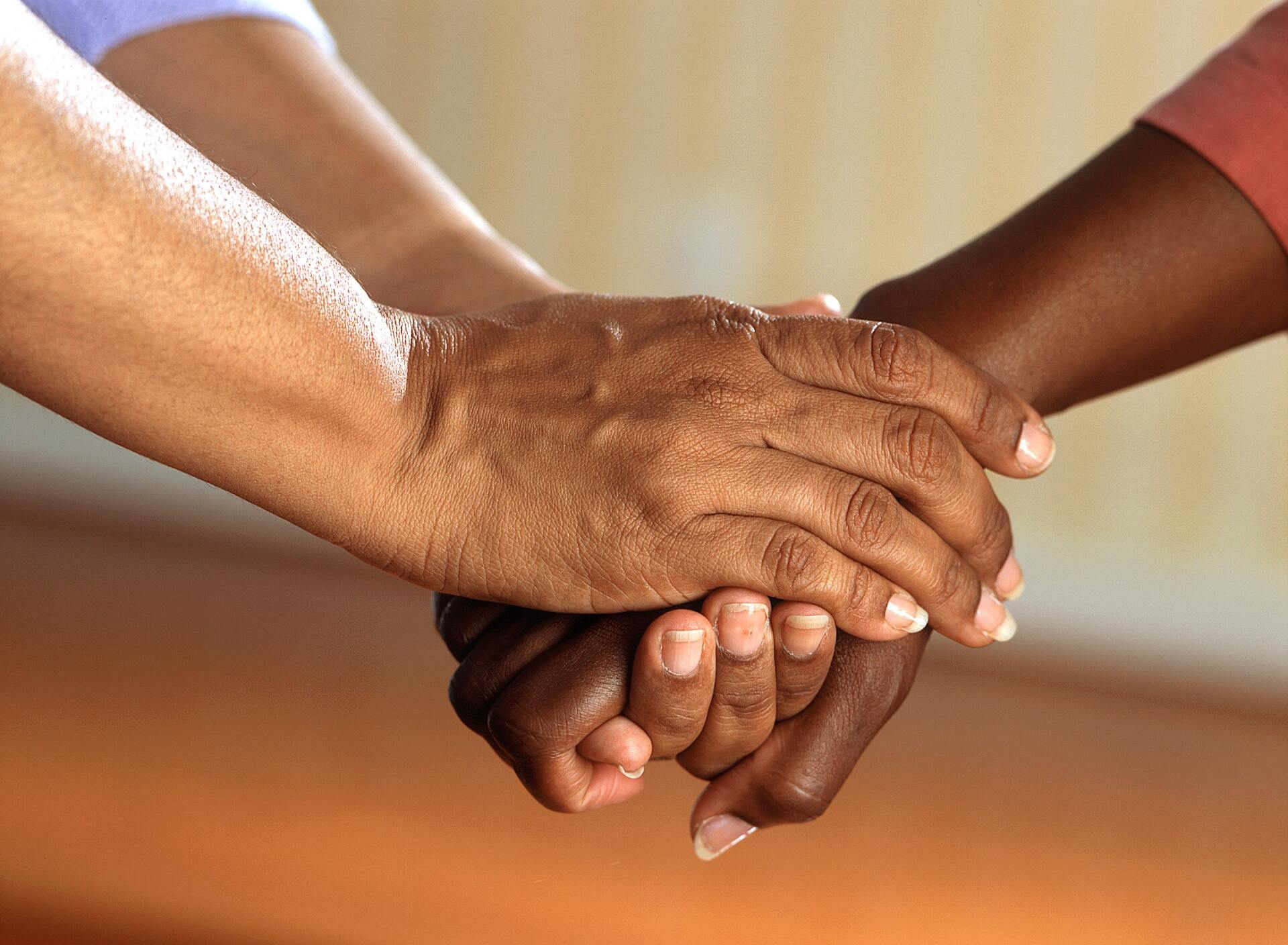When Attending a Funeral
Preparing for a Funeral
The death of a loved one is among the most stressful experiences we will endure. The early days of bereavement are when nerves are frayed, emotions run high, and hours of restful sleep are hard to find. These difficult days are then followed by the funeral services where you're often expected to appear at gatherings and socialize with those in attendance despite your grief. Here are some suggestions we believe you'll find valuable.
Maintain a state of "mindful awareness."
The tendency when something bad happens to us, like the death of a loved one, is to detach from our physical, emotional and social selves. This effort to separate ourselves from what's happening isn't always in our best interest. Instead, seek to be "mindful" by keeping your awareness on the present moment and acknowledging your feelings, thoughts, and physical reactions to your loss.
Monitor your physical health.
The list of physical symptoms related to grief is long: fatigue, body aches and pains, loss or change of appetite, shortness of breath, digestive issues, feelings of heaviness, and tightness in your throat or chest. When faced with physical symptoms like these, remember to stay hydrated, eat regularly, rest or keep active as needed, and delegate to give yourself space to process your grief.
Reach out to support networks.
Neighbors, friends, and family members can be a powerful lifeline, and some of them may even seek you out to see how they can help. Don't turn these offers away. Instead, allow people to walk this path with you for as long as, and in whatever ways, they can. The same goes for a network of professional caregivers. Don't neglect to turn to clergy, your family physician, a therapist, or grief counselors if you believe your bereavement to be more than you can handle.
Prepare to listen.
End-of-life ceremonies offer those gathered the chance to share their feelings, tell stories, and take comfort from one another. Don't spend too much time talking, unless it's to contribute something truly meaningful. Instead, be ready to listen with a whole heart. This is a time for respectful interactions with other mourners, focusing on the life of the deceased, and renewing the ties which brought you all together in the first place.
Basic Funeral Etiquette

What to Wear

What to Say


